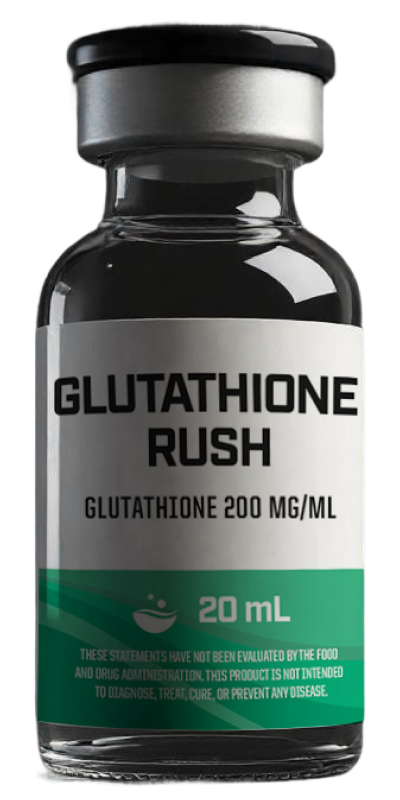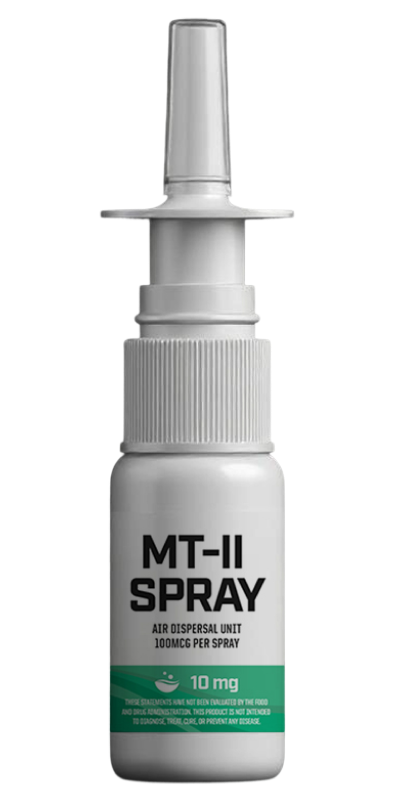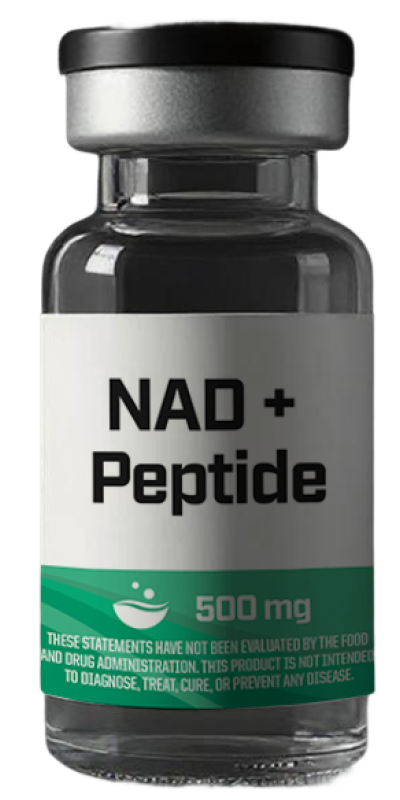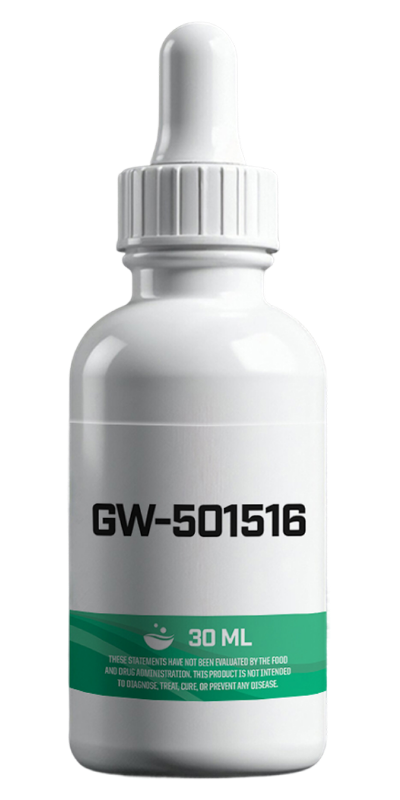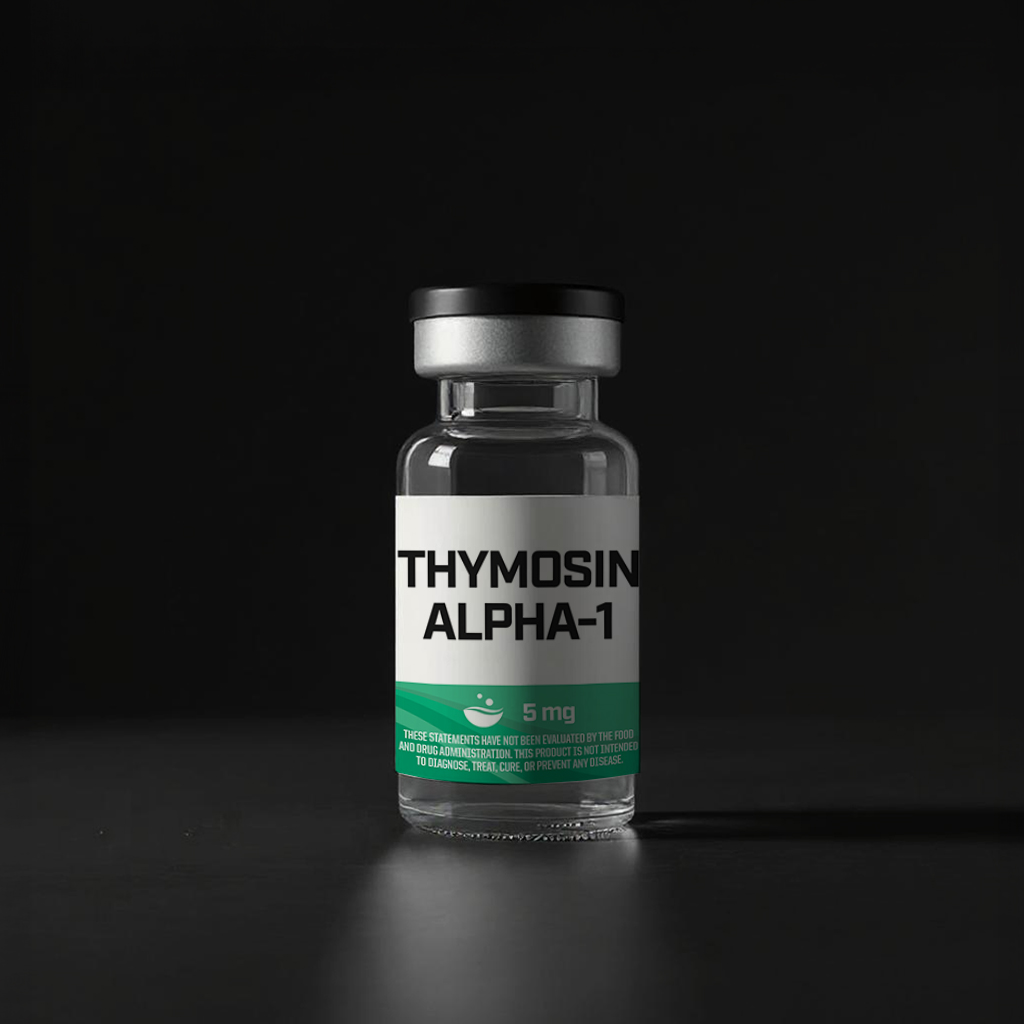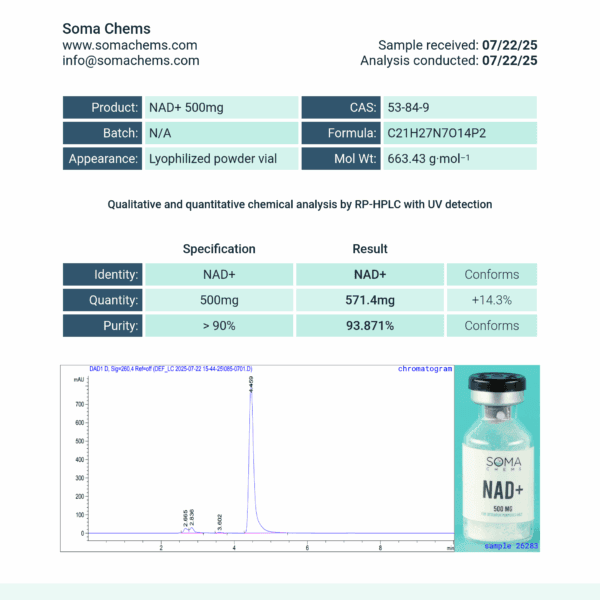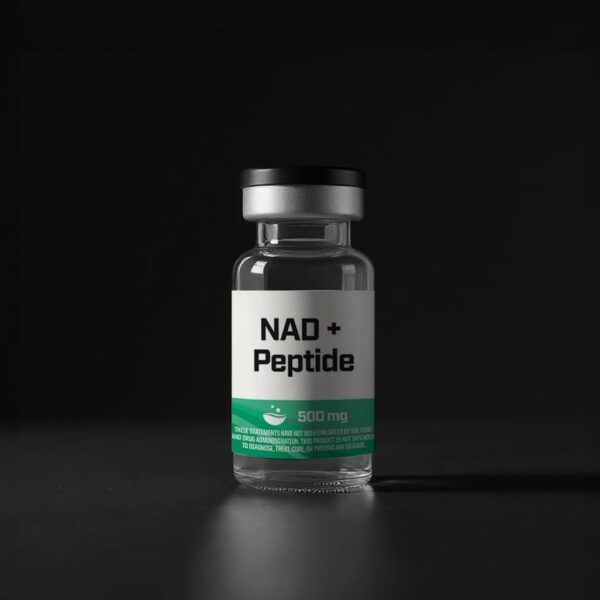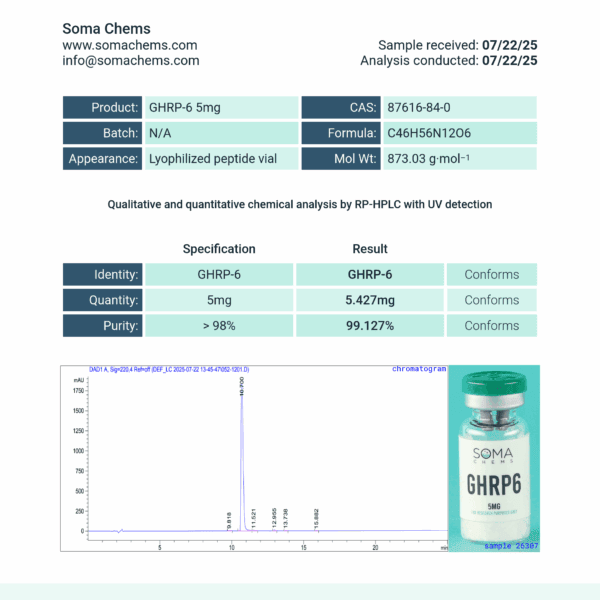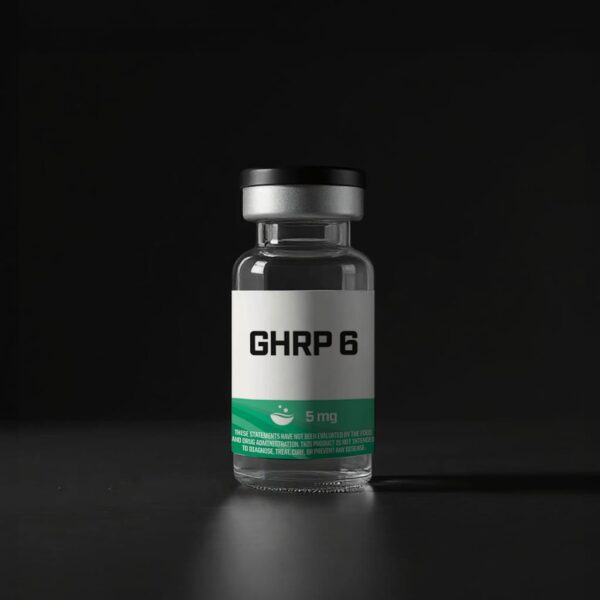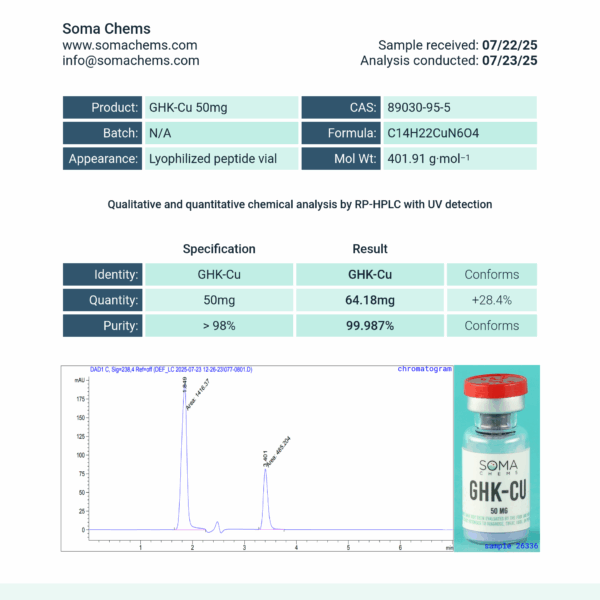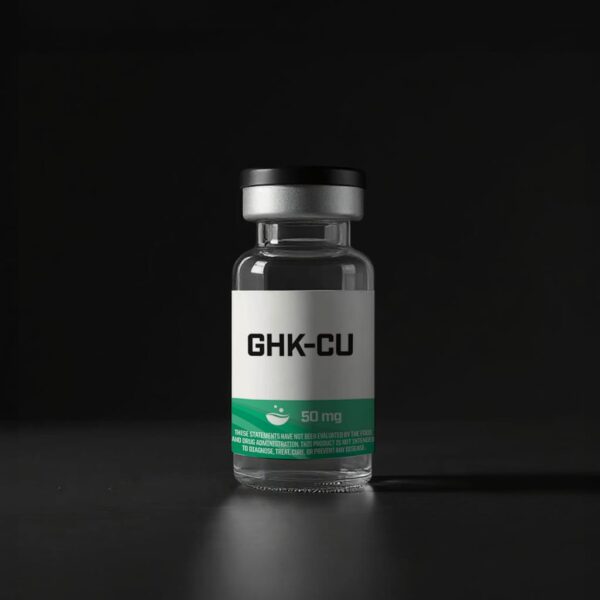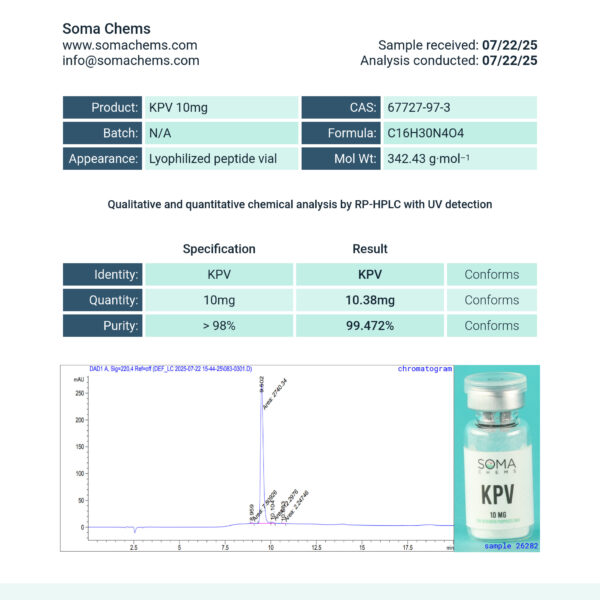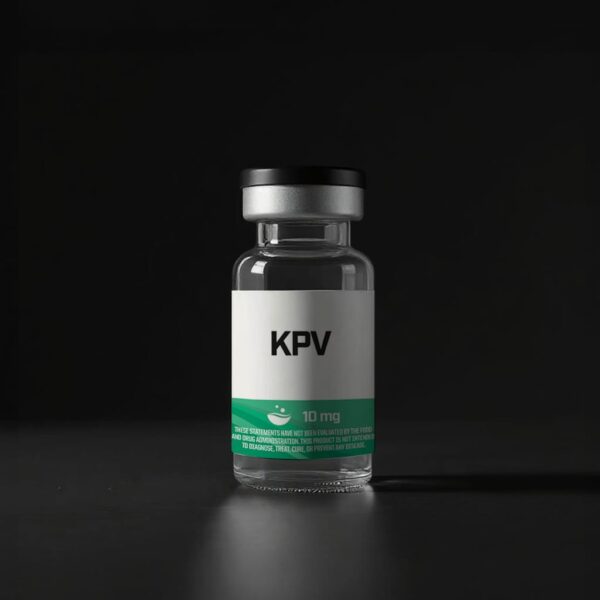Thymosin Alpha-1
| : 5MG |
5MG
|
|---|
$49.99
In stock
Description
Thymosin Alpha-1 (Tα1) is a synthetic peptide consisting of 28 amino acids, originally derived from thymosin fraction 5 of the thymus gland. It is classified as an immunomodulatory peptide and has been the subject of extensive biochemical and preclinical research. Structurally, Tα1 is amphipathic, allowing it to interact with cell membranes and influence intracellular signaling cascades.
In laboratory studies, Thymosin Alpha-1 is investigated for its role in regulating immune responses, particularly its capacity to modulate T-cell maturation and activation. It has also been explored for its potential influence on cytokine production and the enhancement of cellular immunity under varying experimental conditions. Because of its stability and defined sequence, it serves as a reliable peptide for ongoing research into immune signaling pathways, peptide–protein interactions, and receptor-mediated biological responses.
Additional information
| Size | 5MG |
|---|
Size :
5MG
Chemical Formula :
C129H215N33O55
Synonyms :
Thymalfasin
Molar Mass :
3108.28 g/mol
CAS Number :
62304-98-7
PubChem :
16130571
Total Amount of the Active Ingredient :
50mg per KIT (5mg per vial) | 5mg 1vial
Shelf Life :
36 months
Thymosin Alpha-1 (Tα1) is a synthetic peptide consisting of 28 amino acids, originally derived from thymosin fraction 5 of the thymus gland. It is classified as an immunomodulatory peptide and has been the subject of extensive biochemical and preclinical research. Structurally, Tα1 is amphipathic, allowing it to interact with cell membranes and influence intracellular signaling cascades.
In laboratory studies, Thymosin Alpha-1 is investigated for its role in regulating immune responses, particularly its capacity to modulate T-cell maturation and activation. It has also been explored for its potential influence on cytokine production and the enhancement of cellular immunity under varying experimental conditions. Because of its stability and defined sequence, it serves as a reliable peptide for ongoing research into immune signaling pathways, peptide–protein interactions, and receptor-mediated biological responses.
